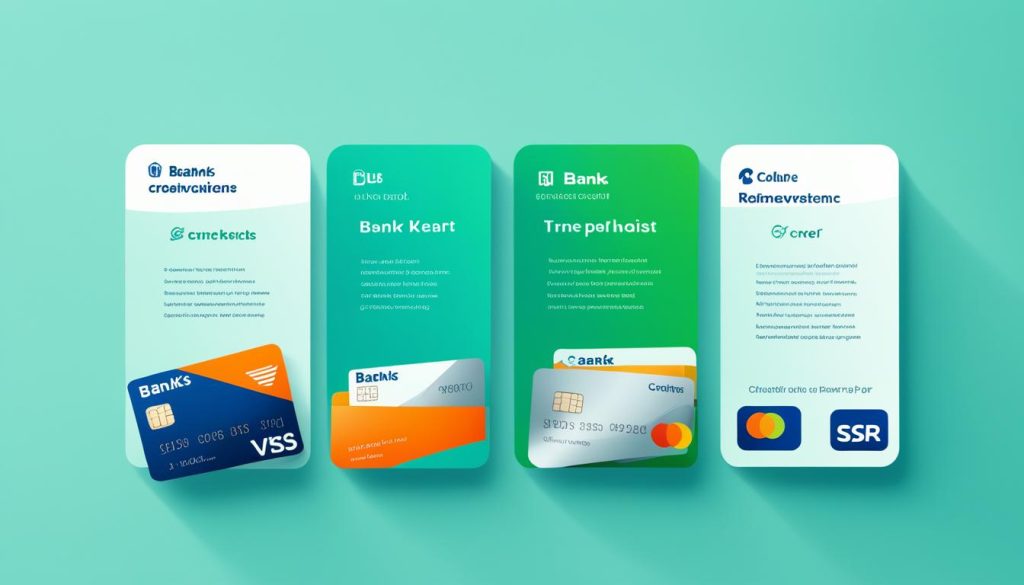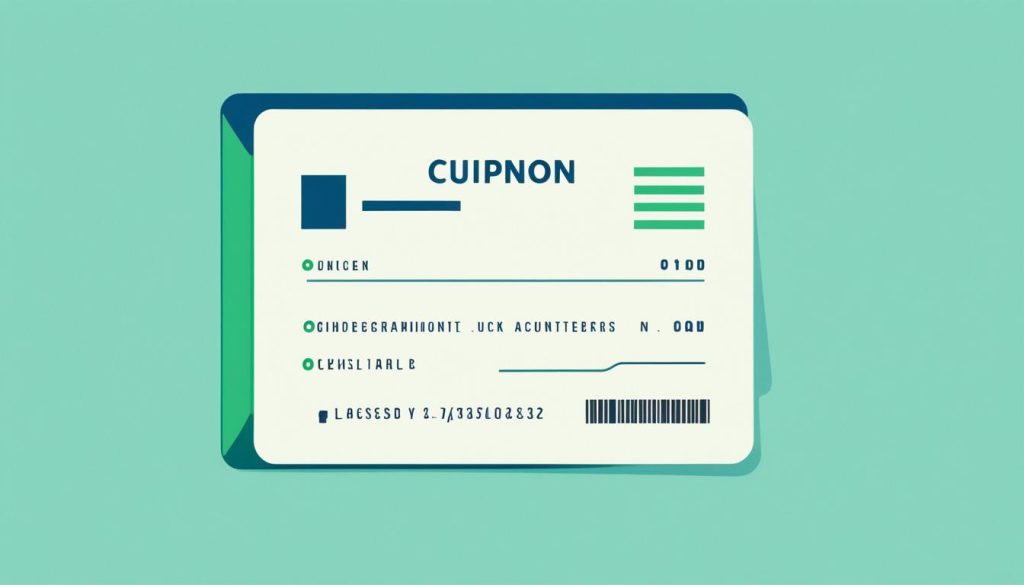For expats in the Netherlands, it’s essential to understand the banking and financial planning there. Understanding Dutch financial services is key to securing your financial future. This includes knowing the local banking rules, getting the right insurance, managing your money well, and planning for retirement.
Getting to grips with the Dutch tax system and using the available financial services is crucial. It helps you to manage your money smartly and invest wisely. This is important for your long-term financial health.
Key Takeaways
- Understanding Dutch banking is crucial for expatriates’ financial integration.
- Navigate the Dutch financial services to secure insurance and manage money efficiently..
- Prepare for retirement by comprehending the Dutch pension system.
- Familiarise yourself with the Dutch tax framework to ensure compliance.
- Building solid financial foundations in the Netherlands ensures long-term economic well-being.
Why a Dutch Bank Account is Essential for Expats

Relocating to the Netherlands means you’ll need a Dutch bank account. It’s key for easy money management. This includes paying for your home, everyday costs, and getting your salary.
A local bank account gives expats better access to services meant for them. You get online banking, help in many languages, and products for international finances.
Also, a Dutch bank account helps expats blend into the Dutch financial scene. It makes everyday money tasks simpler. So, getting one should be a top task when you arrive.
Understanding Dutch Banking System

If you’re moving to the Netherlands, getting to know the banking system is crucial. It makes everyday money matters easier and helps with your long-term financial well-being. Dutch banks really focus on their customers, making sure both locals and expats get excellent, tailored services.
For expats, Dutch banks are super accessible and easy to use. They provide great online banking services, including handy mobile apps. This means you can look after your money easily, even while on the move. It’s great for expats trying to manage their money in a new country.
The Dutch financial system is also very safe. Banks use tough security to protect your personal and financial info. So, you can relax, knowing your money and investments are secure.
It’s also important to know how Dutch banks talk to their customers. Many offer support in multiple languages, which is fantastic if you don’t speak Dutch. This way, expats can get help easily, without worrying about language problems.
Understanding how expat banking in the Netherlands works can really help newcomers. Once you know your way around the Dutch banking scene, you’ll be better at managing your money. It makes living there easier and gives you confidence in handling your finances.
The Top Three Banks for Expats in the Netherlands

For expats in the Netherlands, ING, ABN AMRO, and Rabobank are the top choices. They offer special services for international clients. This makes managing money easy and helps expats fit into the Dutch banking system.
ING Bank
ING is known for its excellent services for foreigners. It has a great online platform. This lets expats handle their money from anywhere. They offer help for newcomers with opening accounts, and understanding Dutch banking.
ABN AMRO
ABN AMRO focuses on services for international clients. It’s known for custom banking packages and help in many languages. ABN AMRO makes banking easy with its apps and online tools. These help with money transactions and planning.
Rabobank
Rabobank makes banking simple for its international clients. It’s known for being friendly and focused on community. Rabobank has products like savings accounts and mortgages for expats. They also have a great support network to help expats manage their finances in the Netherlands.
Requirements for Opening a Dutch Bank Account

Opening a bank account in the Netherlands is key for expats. It makes handling money in the country easier. You need to know the Dutch bank account requirements to avoid any issues.
Documentary Requirements
To start, you’ll need to provide some documents. Banks usually ask for a valid passport or identity card. They need these to verify who you are and to follow Dutch banking laws.
Proof of Residence
Showing you live in the Netherlands is also essential. You can do this with a rental agreement or a recent utility bill. This proves you truly live in the country.
Additional Documentation
Some banks might ask for more papers. These could be your employment contract or student enrolment proof. This extra info helps the bank offer you the right services.
Steps to Open a Dutch Bank Account

Starting the process to open a Dutch bank account may feel overwhelming, especially for expats in a new financial system. This expatriate banking guide is here to make things simpler with easy steps to follow.
- Research and Select a Bank: Look into banks like ING, ABN AMRO, and Rabobank. They offer expat-friendly services and online banking. Choose the one that meets your needs.
- Gather Required Documents: You’ll need a proof of identity (like a passport or EU ID card), proof of residence (such as a rental agreement), and sometimes, your BSN (citizen service number).
- Schedule an Appointment: Get in touch with the bank to set up a meeting for opening your account. You can usually do this online or over the phone.
- Visit the Bank: Go to your scheduled meeting with all your documents. A bank staff member will help with the account opening process.
- Complete the Application: Fill in the application forms and provide any extra info the bank asks for. Make sure every detail is correct to prevent any hold-ups.
- Activate Your Account: After your application is accepted, you’ll get your bank card and PIN. Follow the instructions to start using your online banking services.
This detailed expatriate banking guide hopes to make your entry into the Dutch banking world smoother. It’s aimed at helping you establish a strong financial base in your new Dutch home.
Online vs. In-Person Account Opening

Choosing between online and in-person account opening means considering what you value more: convenience or customised service. Both methods have different perks for diverse needs.
Benefits of Online Account Opening
Digital account opening brings ease. It lets you start banking from home. It cuts out travel and waiting in line, making account setup faster.
Many banks have user-friendly online platforms and apps. They are great for those comfortable with technology, especially expats. You get the plus of being able to handle your banking needs any time.
Advantages of In-Person Account Opening
Going to a bank branch means getting a more tailored experience. You can get specific advice and solve doubts right away. The staff help with paperwork, ensuring everything is in order.
This way is safer for those uneasy about online info sharing. Talking face-to-face with a bank advisor adds a layer of trust. It can make the journey more reassuring for some.
So, your choice between online and in-person banking comes down to your personal needs and likes. Each has its own benefits. Knowing these helps you decide what works best for you.
Managing Your Money in the Netherlands

After opening your Dutch bank account, it’s key to manage your finances well. Setting up automatic payments, exploring investments, and building credit are crucial steps. They make your financial life in the Netherlands smoother.
Setting Up Automatic Payments
Setting up automatic payments is an essential first step. It makes handling bills like rent and utilities easy. Dutch banks have easy-to-use online systems for this. They ensure you don’t miss payments and dodge late fees.
Exploring Investment Options
Looking into investments is vital for managing your money in the Netherlands. There’s a wide range of investment choices. From stocks to bonds and mutual funds, you can pick what suits you. Dutch banks also offer advice to help you make smart investment decisions.
Building Credit History
Creating a solid credit history in the Netherlands is important. Use your credit card smartly and always pay on time. Regularly check your credit score to stay on top of your financial health.
Focus on these main aspects: setting up automatic payments, exploring investments, and building credit. These steps will give you a strong financial base in the Netherlands.
Navigating the Dutch Tax System
Understanding the Dutch tax system can seem complex for expatriates. A comprehensive Dutch tax guide simplifies a lot. It helps expats understand and manage their tax duties.
For expatriates working in the Netherlands, understanding payroll taxes and social security is crucial. Freelancers should focus on invoicing, VAT returns, and keeping good records. It’s important for every expat to know their tax duties to avoid problems.
Living in the Netherlands means getting to know how to file your income tax. Using the Belastingdienst’s online portals helps with this. A good Dutch tax guide can make it easier to navigate.
It’s also important to know about tax credits and allowances for expatriates. The 30% ruling is a benefit, but you must understand how to qualify. Staying informed about these benefits can save expats a lot of money.
In short, handling Dutch taxes involves knowing the rules, keeping accurate records, and following legal requirements. With the right guide, expatriates can handle their taxes confidently. This makes integrating into the Dutch financial system smoother.
Essential Insurance Coverages in the Netherlands

Moving to the Netherlands means you need the right insurance. It’s not just about following laws. It’s about protecting your family and belongings too. The Netherlands has both must-have insurances and those you might choose to have for extra safety.
Some important insurances include:
- Health Insurance: Mandatory for all Dutch residents, including expats. It covers medical expenses and general healthcare services.
- Home Insurance: Essential to safeguard your property against fire, theft, or other damages.
- Car Insurance: Required if you own a vehicle. It includes liability coverage, which is compulsory, and additional options like comprehensive or third-party insurance.
- Liability Insurance: Protects against claims from others for accidents or damages you may cause.
As an expat, you might want different covers. There are special policies for things like worldwide health insurance, income protection, and legal help.
Knowing about Dutch insurances is key. It makes sure you’re fully covered. Always check your coverage needs to stay safe and legal in the Netherlands.
Planning for Retirement in the Nepalnds

When you think about retiring in the Netherlands, it’s important to know about the different pension schemes and savings plans. These are key to having a secure and comfortable life when you retire there.
Understanding Dutch Pensions
The Dutch pension system is known for being strong and including everyone. It has three main parts: state pensions, occupational pensions, and private pensions. If you’re an expat, you need to know how to qualify for state pensions. It’s based on how long you’ve lived in the Netherlands. It’s also smart to look into occupational pension schemes offered by employers. They are a big part of retirement income.
Savings Plans
It’s also smart to have retirement savings plans besides just pensions. You could choose investments, tax-saving accounts, or even buy property. Having a mix of savings helps protect you against ups and downs in the economy. It is important to keep saving for retirement. Setting up regular payments to these savings can help you be disciplined about saving for the future.
Choosing the Right Stage for Retirement
When you retire can really affect how ready you are financially and your life’s quality. Planning retirement in the Netherlands means picking when to retire. This can help you make the most of your pensions and savings. Think about how long you might live, your health, and what you want for your future. Talking to a financial advisor can help. They can give you advice based on your own situation. They can help you understand the pension system in the Netherlands better.
Transfering Funds Internationally
Living abroad means you need to know how to manage an international money transfer. This knowledge is key for financial peace. It’s important whether sending money back home or getting funds from your primary country. Knowing the best way to do this can save time and money.
For expatriates, there are special expat transaction services to help. These services make it easier to move money between countries. They often have better exchange rates and lower fees compared to traditional banks. Here are important points to keep in mind:
- Exchange Rates: It’s smart to compare rates from different service providers. Even a slight difference can affect the money you receive.
- Transfer Fees: Fees can be a flat rate or a percentage of the transfer amount. Knowing the fees helps choose the cheapest option.
- Speed of Transfer: How quickly you need the money can influence your choice. Some services offer instant transfers, but they might cost more. Weigh the need for speed against the fees.
Before you pick a service for your international money transfer, read reviews and check their reputation. Companies like TransferWise, Revolut, and Western Union are trusted for their expat transaction services. Choosing the right service means safe, fast, and cost-effective transfers.
In summary, managing international money transfer well is crucial for expats. The best expat transaction services ensure your finances run smoothly. They also help your financial well-being while living overseas.
Borrowing and Loans in the Netherlands
It’s key for expats to get to know the loan scene in the Netherlands. The Dutch offer loans for different needs, like homes, personal use, or business plans. Knowing what’s out there and the requirements is the first step.
Loan options for expats vary based on factors such as income and why you need the loan. It’s smart to do your homework and maybe get advice from experts who know Dutch loans well. Knowing about interest rates, how you’ll repay, and if you’re eligible helps you make smart choices.
Also, knowing what paperwork you need for a loan matters. This usually means showing where you live, how much you earn, and sometimes your credit history from back home. Working with Dutch banks closely can make it easier to get a loan that matches your situation.
- Explore different Dutch lending services for the best loan options.
- Understand the documentation needed for loan applications.
- Consider seeking advice from financial experts.
Being proactive about learning and using expat loan options can help you handle your finances well in the Netherlands. This way, you can feel more secure and comfortable.
Working with Financial Advisors
Choosing the right financial advisor is very important for expats who want to ensure a secure financial future in the Netherlands. By working with specialists in financial advisory Netherlands, you can confidently understand the Dutch economy. These experts offer valuable insights, allowing you to make decisions that fit your personal financial needs.
One main benefit of expat financial consultation is the tailored advice you receive. Advisors look closely at your earnings, spending, and opportunities to invest. They help you build strong financial plans. They also explain the complex Dutch tax laws and legal advice, aiming to improve your financial situation.
Moreover, these advisors play a key role in helping expats plan investments and save for future goals like retirement. They help you find the right savings accounts, pension schemes, and insurance deals. This ensures you have a stable and wealthy life in a new country.
So, using the expertise of skilled financial advisory Netherlands and expat financial consultation professionals is crucial. It helps expats protect their financial well-being. And it helps achieve their financial goals while living in the Netherlands.
Finance and Banking in the Netherlands for Freelancers
Freelancers in the Netherlands have special financial and banking needs. Learning to use the local banking system is crucial. It helps in managing income, spending, and taxes well.
First, it’s important to open a business bank account. Many Dutch banks have accounts just for freelancers. They come with tools for bookkeeping and sorting out expenses. Banks like ING, Rabobank, and ABN AMRO offer these. They help make managing your business easier and give useful financial advice.
Handling taxes as a freelancer is also key. The tax system here can be tricky. It’s a good idea to work with a tax advisor who knows about freelancer taxes. They can help with business expenses, VAT, and quarterly taxes. This stops you from facing fines.
Good financial management is needed for a secure future. You should save some of your earnings for taxes and retirement. Dutch banks also have investment options for freelancers. This can help grow your savings. Using these services well can make freelancers successful financially.







